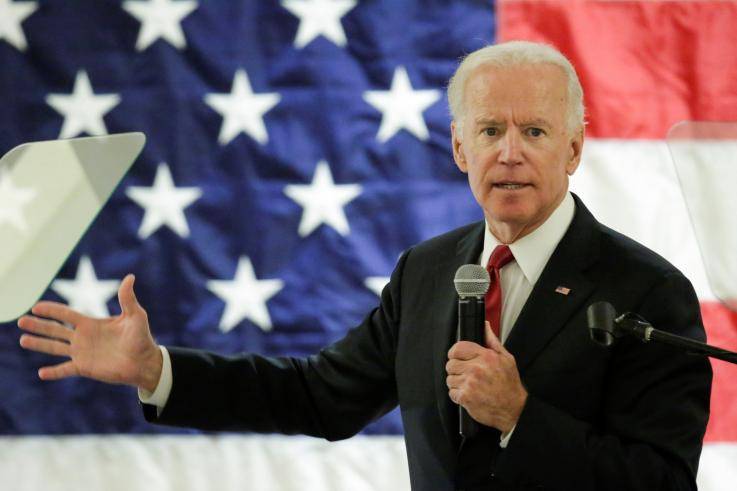President Joe Biden announced Sunday that he will end his presidential re-election campaign, bringing an abrupt and humbling conclusion to his half-century-long political career and scrambling the race for the White House just four months before Election Day.
Biden, 81, could not reverse growing sentiment within his party that he was too frail to serve and destined to lose to Donald Trump in November.
"While it has been my intention to seek reelection, I believe it is in the best interest of my party and the country for me to stand down and to focus solely on fulfilling my duties as President for the remainder of my term,” Biden wrote in a letter posted on X. “I will speak to the Nation later this week in more detail about my decision.”
Biden thanked Vice President Kamala Harris for “being an extraordinary partner” but did not endorse her to be his replacement as the Democratic Party presidential nominee in his letter.
His withdrawal caps a singular national political career, bookended by Richard Nixon’s fall and Trump’s rise. He mounted four presidential bids. He spent 36 years in the U.S. Senate representing tiny Delaware. He rose to the chairmanships of the powerful Judiciary and Foreign Relations committees. And he served eight years as Barack Obama’s vice president.
Biden’s decision to exit the race less than a month before his party’s convention and a few months before voters head to the polls is unprecedented in the modern political era. The last sitting president to abandon a re-election bid was Lyndon Johnson, whose expansion of the Vietnam War in the 1960s split the Democratic Party. But Johnson’s announcement came in March 1968 — eight months before that election.
“We’re in uncharted waters,” said Barbara Perry, a presidential studies professor at the University of Virginia’s Miller Center. “No president has dropped out or died this close to the convention.”
Replacing Biden atop the Democratic ticket is likely to set off internal Democratic tremors as ambitious officials maneuver to become his successor. Factions have already formed around Harris and prominent governors, including Michigan’s Gretchen Whitmer and California’s Gavin Newsom.
Harris would seem to be the heir apparent. She broke a barrier as the first female vice president. A woman of color, she enjoys strong support among African Americans, a loyal piece of the Democratic coalition. Overall, though, Harris’ approval rating stood at only 32% in an NBC News poll released earlier this month.
“There’s no one you can name right now who is an obvious substitute,” Perry said. “That’s what makes this so uncertain and chaotic.”
The mechanics of putting a new name on ballots also gives rise to myriad legal questions. Republicans could work to throw obstacles in the nominee’s path by mounting legal challenges aimed at keeping that person off the ballot.
Questions about Biden’s capacities dogged him throughout his presidency, but peaked following his debate with Trump on June 27. Combined with his flagging poll numbers, his listless performance sparked a panic among his own party that he couldn’t win in November.
With 51 million people watching, Biden spoke in a raspy voice and often failed to complete thoughts or deliver a cogent explanation of why voters should choose him over Trump. He later attributed his poor performance to exhaustion and a cold. He implored the country not to let one bad night overshadow his accomplishments in office.
Unpersuaded, Democratic lawmakers began calling on him to step aside, a rebellion that started slowly but grew steadily in size and intensity. They appealed to Biden’s patriotism, arguing that if he sincerely believed Trump is a threat to democracy, he needed to put his country first and stand down.




No comments yet
Be the first to share your thoughts!